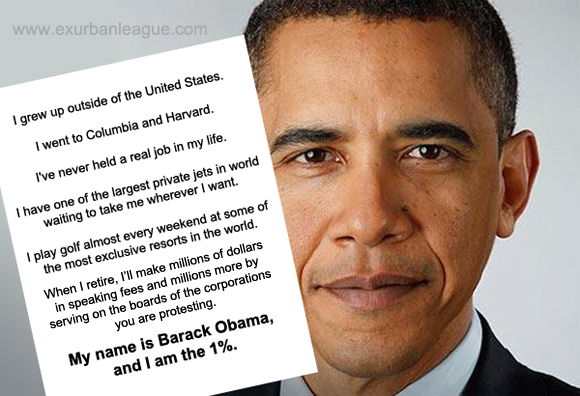Cecilie1200
Diamond Member
Sorry but i don't feel embarrassed..... Don't look now, dear, but your envy AND your ignorance are both showing. How embarrassing!
Neither does my dog when he licks his balls in public, but that doesn't mean more highly-evolved beings around you don't feel embarrassed for you.
 Oh, I'm sorry, was that supposed to be a witty comeback? Should I be cut to the quick? You should really give people a heads-up on this stuff.
Oh, I'm sorry, was that supposed to be a witty comeback? Should I be cut to the quick? You should really give people a heads-up on this stuff.
